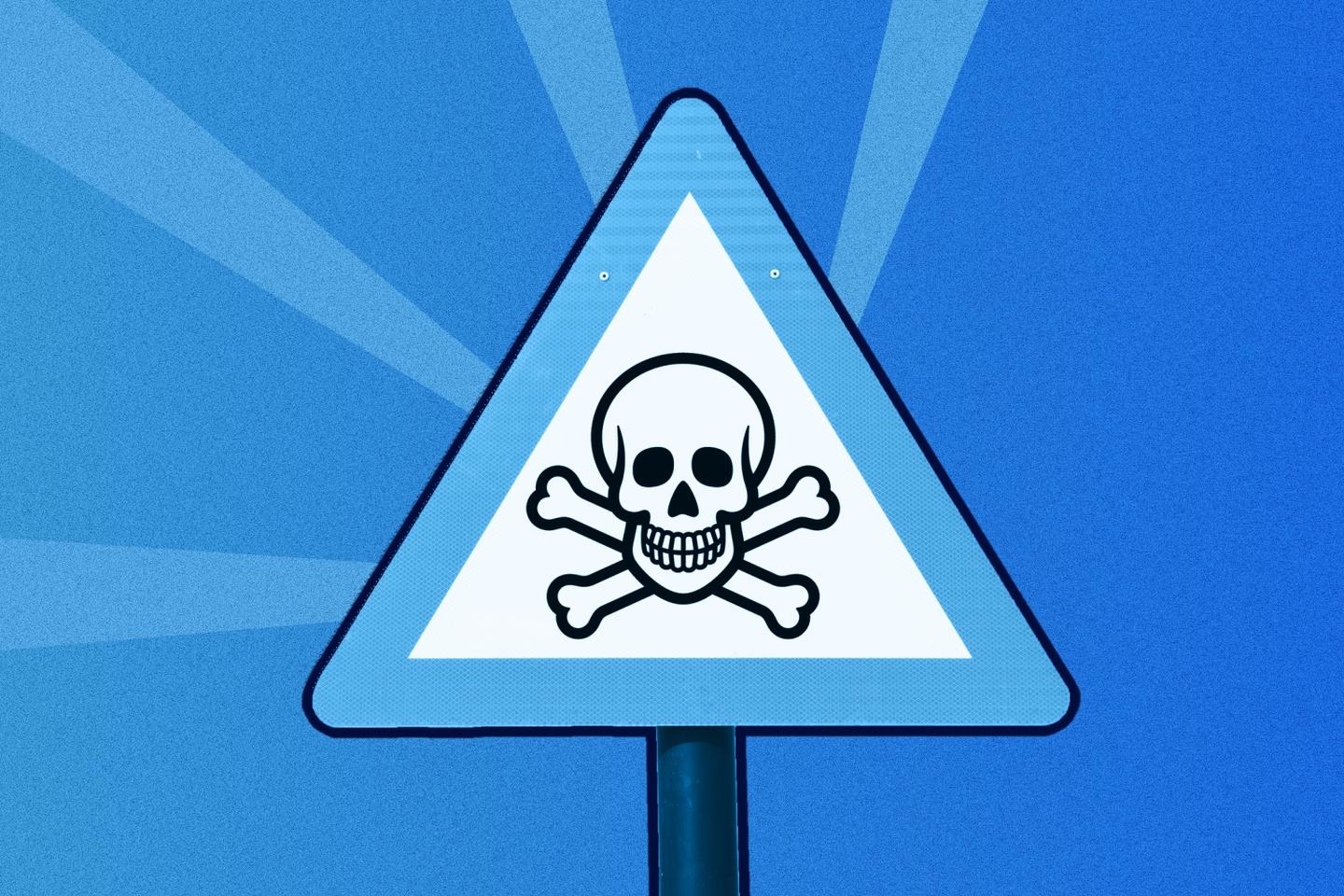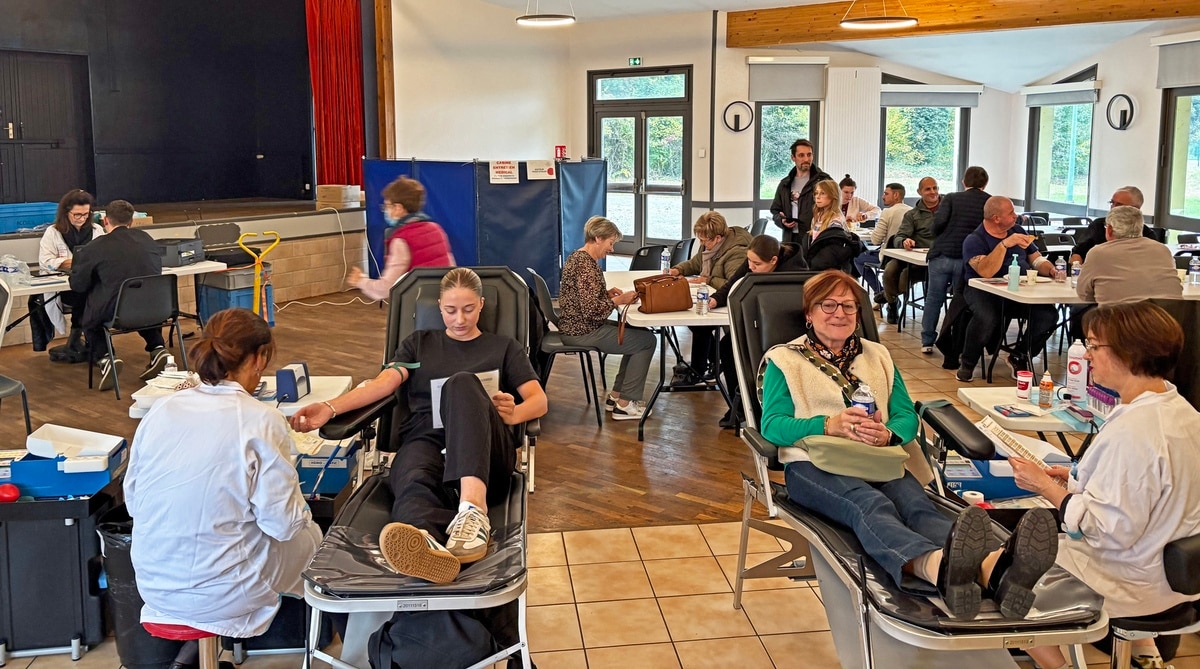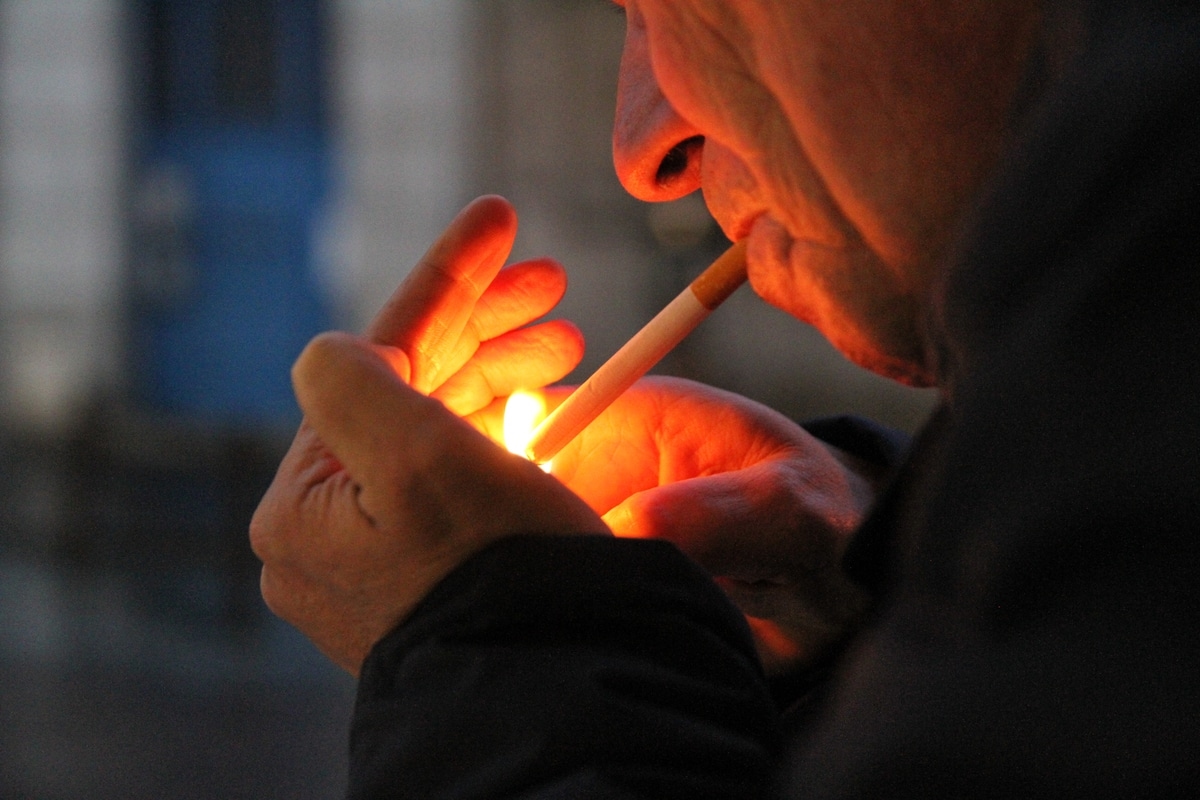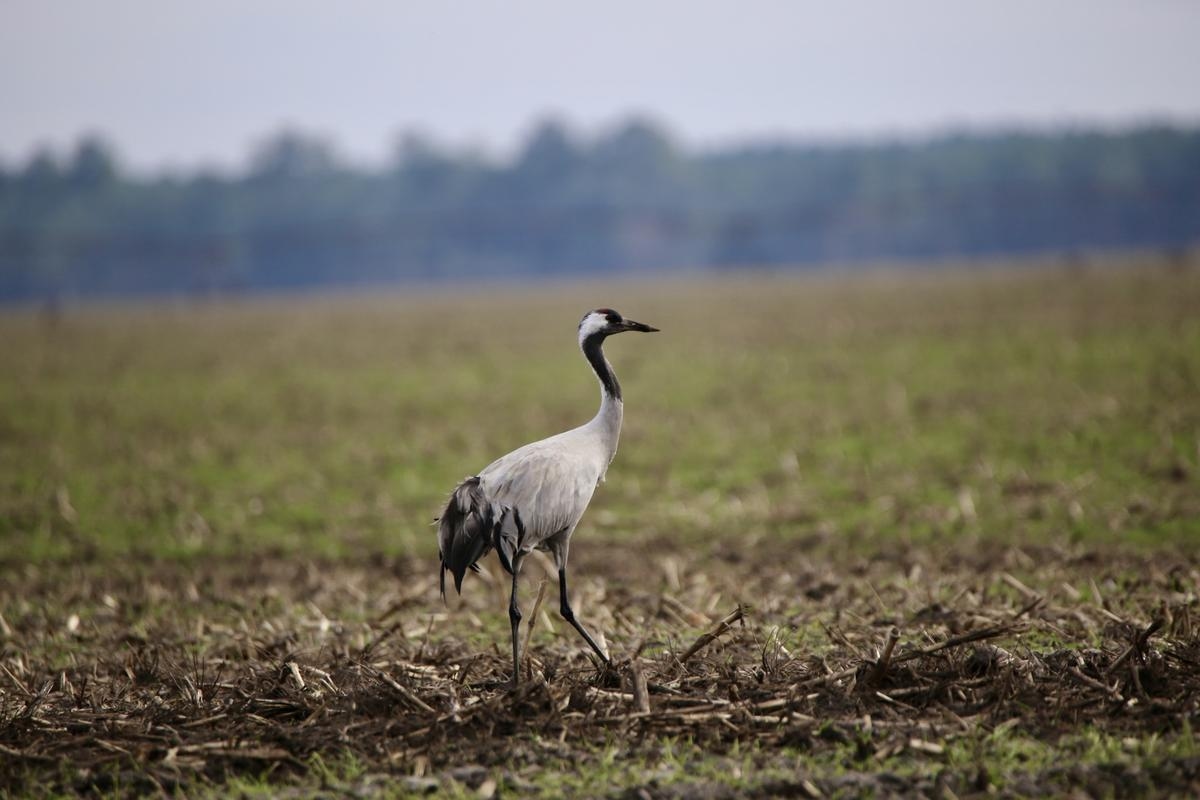"Work is a proven risk factor for cancer."

A recent publication in The Lancet France is at the top of the list of countries most affected by cancer, with more than 433,000 people diagnosed each year, a number that has doubled in twenty years. This very worrying situation is most often attributed solely to individual risky behaviors – tobacco, alcohol, physical activity – but is this the right approach?
Did this young florist, whose child died at age 11 from blood cancer after seven years of grueling treatment, "choose" to be contaminated by the pesticides with which her flowers were impregnated—pesticides that are carcinogenic not only for her but also for the unborn child? Did the workers at the Tetra Medical laboratory "choose" the ethylene oxide sterilization process, a carcinogenic, mutagenic, and reproductive toxicant that poisoned them and their children for years to come? Did the workers in chemical plants "choose" PFAS, with its formidable toxic power? And what about the cleaning staff, contaminated by the carcinogens in cleaning products?
Work-related risks, proven risk factors for cancer, do not appear in the Lancet article, which repeats the dominant and guilt-inducing discourse that places the responsibility for the occurrence of cancers on the victims themselves.
Night work or shift work, for example, is one of the causes of breast cancer, officially recognized as such in 2007 by the International Agency for Research on Cancer. Among women, this type of work schedule has nevertheless increased by 150% between 1982 and 2015, growing in numerous sectors where it is by no means essential – industry, commerce, cleaning.
Health scandalsWe, the signatories of this open letter, wish to recall the tireless work and mobilizations of all those – associative and trade union activists, researchers, doctors, lawyers – who, for more than forty years, have been raising awareness of these avoidable risks, namely the multiple situations of endangering the lives of others in work exposed to carcinogens.
You have 68.48% of this article left to read. The rest is for subscribers only.
lemonde





